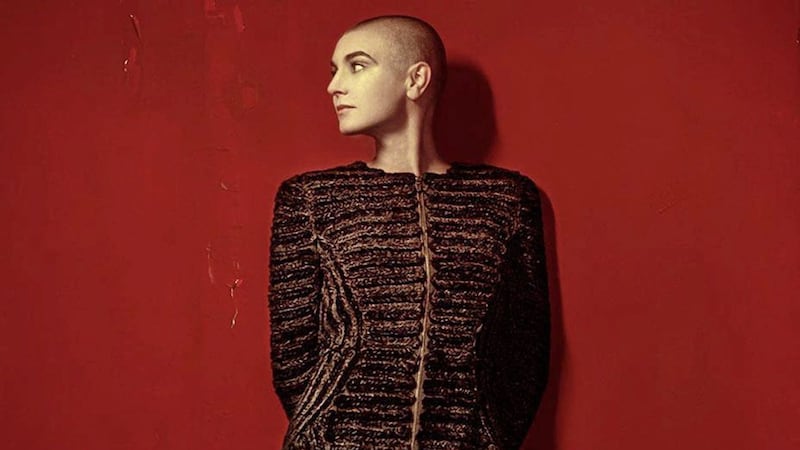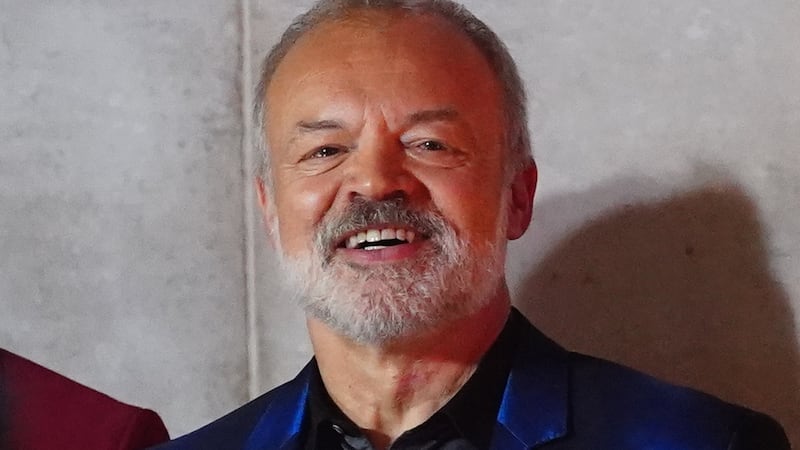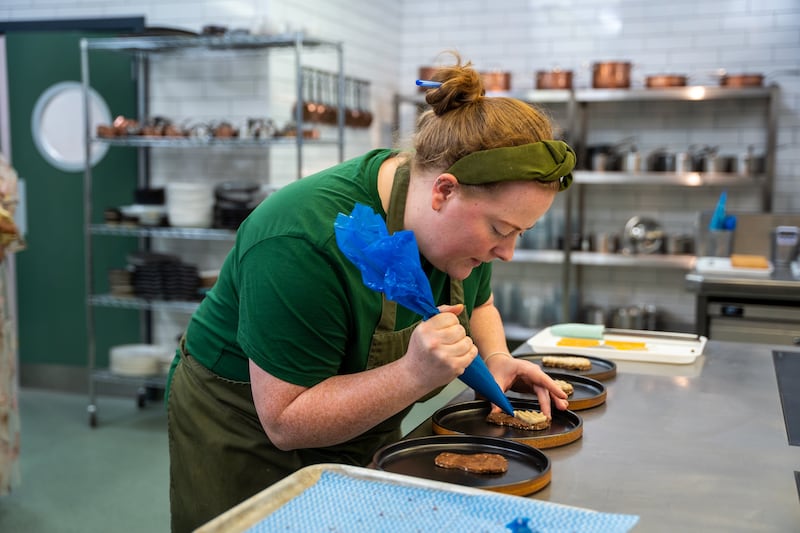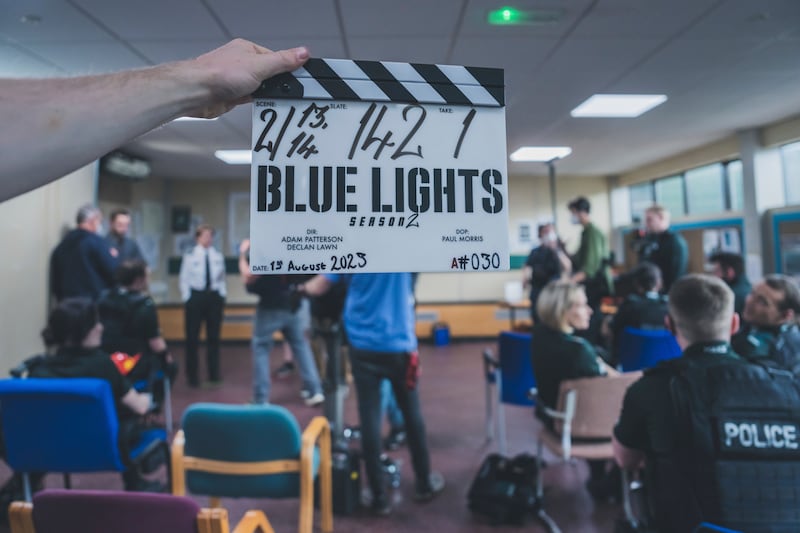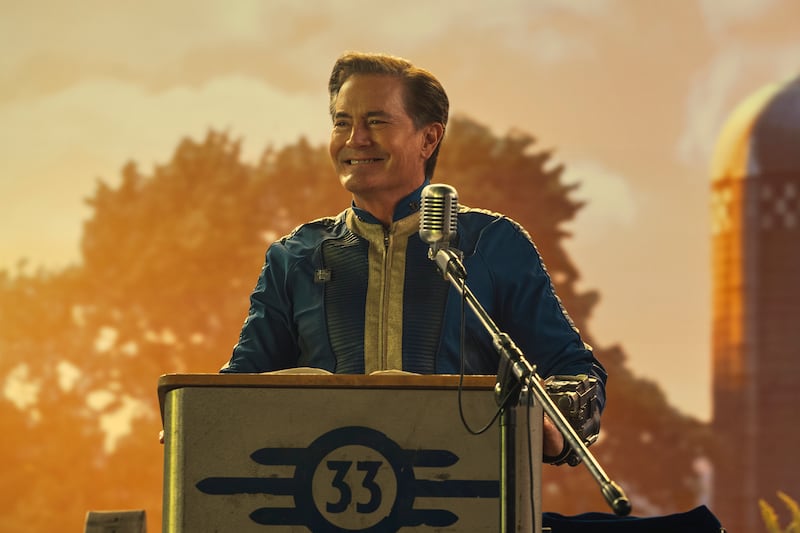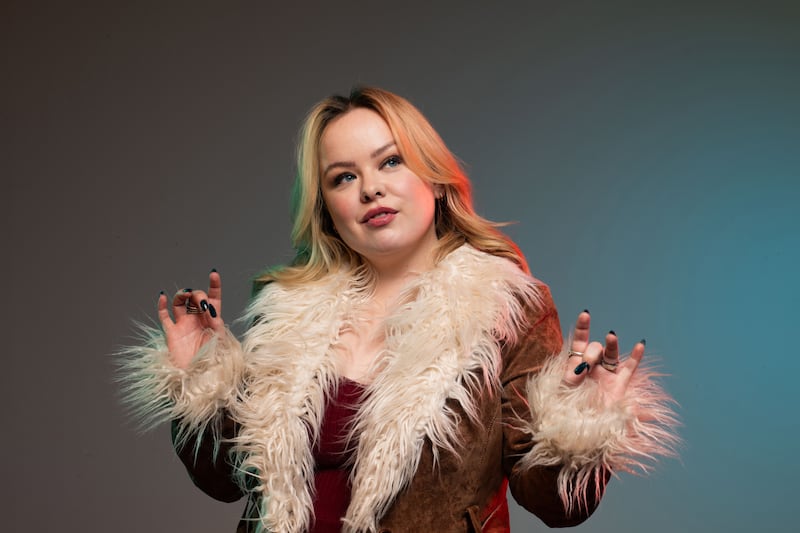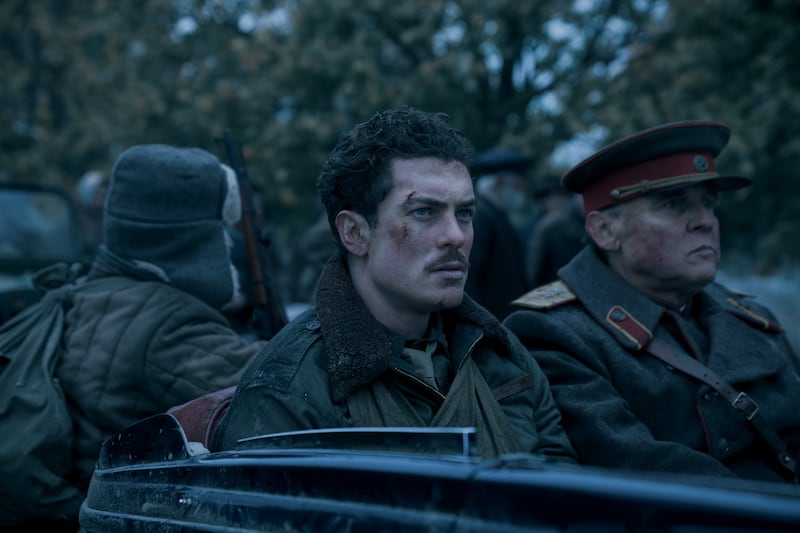Sinead, RTE 1, Monday
The day following RTE’s documentary on the life of Sinead O’Connor we learned that she died of natural causes.
There doesn’t seem anything natural about dying at 56 but no doubt it was some comfort to those who loved her given her mental health struggles.
The London coroner simply reported that due to the autopsy result, no inquest was now required.
‘Sinead’ had provided its own post-mortem on the cherished singer.
But you suspect there’ll be many more documentaries as we digest how significant her life was.
RTE’s effort, which it was understandably keen to get out as quickly as possible, felt rushed.
It took us through an eventful history. A difficult relationship with her mother and unhappy childhood including a period in a reform school, a music teacher who introduced her to the band In Tua Nua and the game changing first album which included Mandinka and Troy.
Read More: Robbie Williams Netflix review: An addict who can’t seem to walk away from fame
TV Review: Once Upon a Time in Northern Ireland
The second album, which featured the Prince/Family cover of Nothing Compares 2 U, gave her a smash hit and worldwide fame.
This turned sour in the US though, when she used an appearance on the enormous Saturday Night Live show to tear up of a picture of Pope John Paul II which she had taken from the wall of her mother’s house.
Singing a Bob Marley lyric on “the victory of good over evil”, she produced the holy picture from behind her back just as she enunciated the word ‘evil.’
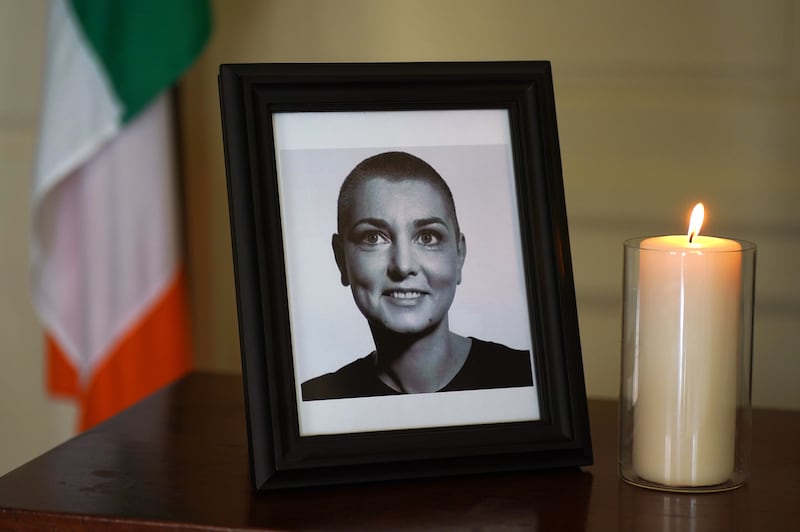
It was a striking moment and reflected Sinead’s lifelong political activism and also her unwavering interest in religion.
Many probably understood what she meant by “fight the real enemy” but it finished her career in the States.
Sinead was always doing something which brought her to public attention, but you never felt that her goal was self-publicity and her interest in religion was consistent in her life.
She was ordained a priest by a bishop of a breakaway Catholic group, although when challenged on the Late Late Show by Gay Byrne as to how legitimate it was, she responded with the phrase “rastafari,” a religion associated with Jamaica.
In more recent years she converted to Islam, saying she felt “at home” after reading passages of the Koran.
We heard from various figures though the documentary, including Imelda May, Christy Moore, BP Fallon and Belfast producer David Holmes.
She worked with Holmes in recent years after they met at Shane MacGowan’s 60th birthday party, although the music making took a break after the death of her son Shane in January 2022.
Holmes speaks emotionally and powerfully about the joy of working with her, her musical genius and how he felt she had lots more to give.
Imelda May tells of her friendship and reflected of the “stifling” 1980s, particularly for women who challenged authority.
The documentary really could have been spread over several episodes.
There was little personal detail, with only a passing mention of her early years and a couple of pictures of her as a child.
Neither did when get anything on her relationships and family life.
Nor was their time to reflect on the reasons for her later conversion to Islam and why she stopped being a Catholic priest.
RTE’s documentary was a reasonable effort but I would expect more substantial explorations of her life in the coming years.
A troubled soul, but undoubtedly one of the most important Irish cultural figures in recent decades, Sinead O’Connor, like her friend Shane MacGowan, will live on through her music.
